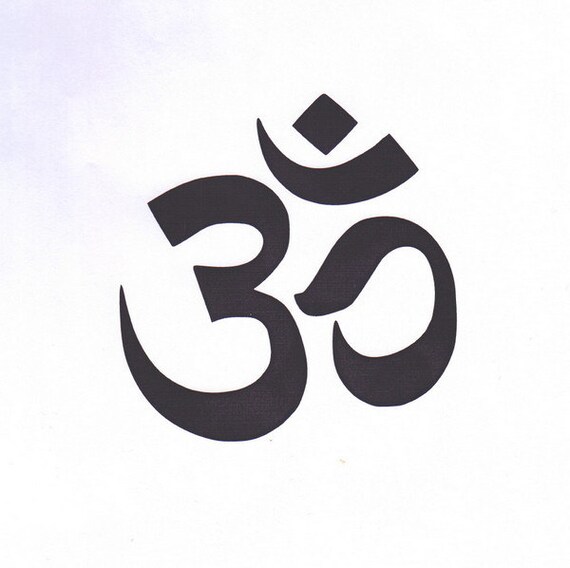<<GotoNote

Hinduism, major world religion originating on the Indian subcontinent and comprising several and varied systems of philosophy, belief, and ritual. Although the name Hinduism is relatively new, having been coined by British writers in the first decades of the 19th century, it refers to a rich cumulative tradition of texts and practices, some of which date to the 2nd millennium bce or possibly earlier. If the Indus valley civilization (3rd–2nd millennium bce) was the earliest source of these traditions, as some scholars hold, then Hinduism is the oldest living religion on Earth. Its many sacred texts in Sanskrit and vernacular languages served as a vehicle for spreading the religion to other parts of the world, though ritual and the visual and performing arts also played a significant role in its transmission. From about the 4th century ce, Hinduism had a dominant presence in Southeast Asia, one that would last for more than 1,000 years. In the early 21st century, Hinduism had nearly one billion adherents worldwide and was the religion of about 80 percent of India’s population. Despite its global presence, however, it is best understood through its many distinctive regional manifestations. The ultimate effects of these cross-cultural (and commercial) exchanges with western and especially southern Asia are usually described collectively as “Hinduization.” It is now held that Hinduism was taken to Indonesia not by traders, as was formerly thought,… The term Hinduism became familiar as a designator of religious ideas and practices distinctive to India with the publication of books such as Hinduism (1877) by Sir Monier Monier-Williams, the notable Oxford scholar and author of an influential Sanskrit dictionary. Initially it was an outsiders’ term, building on centuries-old usages of the word Hindu. Early travelers to the Indus valley, beginning with the Greeks and Persians, spoke of its inhabitants as “Hindu” (Greek: ‘indoi), and, in the 16th century, residents of India themselves began very slowly to employ the term to distinguish themselves from the Turks. Gradually the distinction became primarily religious rather than ethnic, geographic, or cultural. Since the late 19th century, Hindus have reacted to the term Hinduism in several ways. Some have rejected it in favour of indigenous formulations. Others have preferred “Vedic religion,” using the term Vedic to refer not only to the ancient religious texts known as the Vedas but also to a fluid corpus of sacred works in multiple languages and an orthoprax (traditionally sanctioned) way of life. Still others have chosen to call the religion sanatana dharma (“eternal law”), a formulation made popular in the 19th century and emphasizing the timeless elements of the tradition that are perceived to transcend local interpretations and practice. Finally, others, perhaps the majority, have simply accepted the term Hinduism or its analogues, especially hindu dharma (Hindu moral and religious law), in various Indic languages.
...https://www.britannica.com/topic/Hinduism